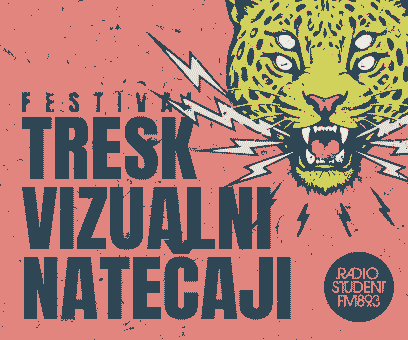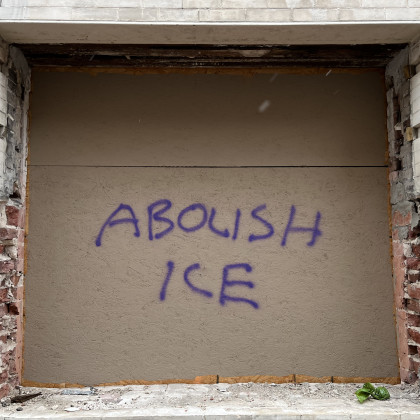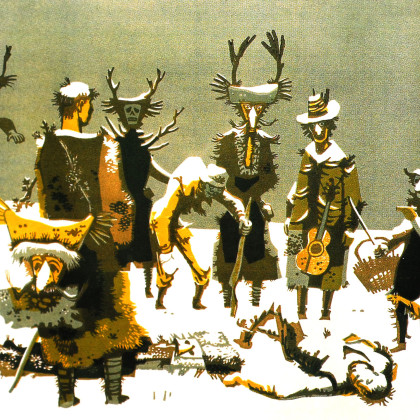The Rise of insurgency
1. Nigeria's police chief sacked 'with immediate effect'
Nigeria has appointed a new police inspector-general, a day after an attack on police headquarters in the city of Owerri
and an audacious jailbreak which President Muhammadu Buhari called an "act of terrorism". Usman Alkali Baba, until now
the force's deputy chief, replaces Mohammed Adamu in the top job. Mr Adamu was dismissed while on a visit to the scene of
the attack in Owerri.
The replacement of Nigeria's police chief comes amid growing insecurity across Nigeria with various armed groups
unleashing violence. This includes armed gangs that kidnap people for ransom, the Boko Haram insurgency, as well as
clashes between farmers and herders in parts of the country. There has also been renewed agitation by Biafra separatists
in the south-east of the country.
On Monday more than 1,800 prisoners escaped after a group of men armed with guns, rocket-propelled grenades and other
explosive devices attacked a prison and a police facility in the city of Owerri. The fleeing inmates have yet to be
recaptured.
2.Media ban reversed by Tanzania's new president
Tanzania's new president has announced that bans slapped on a number of media outlets by her predecessor who died last
month are now to be lifted. "I understand that there are media organisations that have been closed - let them open and
ensure they follow the law," President Samia instructed national authorities. She said media rules, regulations and
penalties should be transparent, so that everyone knows what to expect should they do wrong - and so that the punishment
is proportionate.
Speaking during the swearing in of new ministers and permanent secretaries, President Samia said government must not be
seen to curtail media freedoms. But some say this does not go far enough. "We cannot operate in an environment where the
same oppressive laws that were used to shut us down exist," Maria Sarungi Tsehai, who runs local station Kwamza TV,
"We are not asking for favours - just laws. Real change will happen when we are legally free to operate without government
intervention."
3)Western Sahara's Polisario says its police chief killed.
The Polisario Front - which seeks independence from Morocco for the Western Sahara region - says its police chief has been
killed. In a statement, the group said Addah al-Bendir died while on a military mission in the northern region of Tifariti
in Polisario controlled territory.
Local media say he was killed in a Moroccan drone attack.
A former Spanish colony, Western Sahara has been the subject of dispute since 1975 between its indigenous people led by
Polisario Front and Morocco. In December, President Donald Trump said the US recognised Morocco's claim over the territory,
after it became the latest Arab country to normalise relations with Israel.
4. Somalia inks Covid-19 vaccine deal with China
Somalia has signed a deal with Chinese manufacturer Sinopharm to supply it with 200,000 doses of it Sinovac vaccine to
curb the spread of Covid-19. Somalia's ambassador to China Awale Kullane signed the agreement on behalf of his country.
Somalia began its inoculation campaign on 16 March after receiving 300,000 doses of the Oxford-AstraZeneca jab through the
Covax initiative, which aims to ensure tthat vaccines are shared fairly among all nations. Somalia has so far confirmed
11,978 cases of Covid-19 and 576 deaths.
5.The authorities in Ghana are trying to find out what has caused more than 60 dead dolphins to wash up on several beaches.
Local fishermen say the phenomenon is extremely rare. Officials are warning against eating the dolphins and various other
fish species that have also washed up, as it not yet clear what caused their deaths. Ghana's Fisheries Commission says
samples have been taken for laboratory analysis. Dozens of dolphins went missing from Axim beach in the west of the
country. It is suspected they were taken away by people who intend to sell their meat.
"Initial observation... showed no wound/lesions on their bodies... The colour of the sea and temperature are normal,"
the executive director of the Fisheries Commission, Michael Arthur-Dadzie, is quoted by AFP news agency as saying.
Investigations have taken place over the last year after similar mass dolphin deaths along other parts of the African
coast.
In February 111 dolphins were found dead off the coast of Mozambique.
The dolphins may have got caught at low tide after Cyclone Guambe, a preliminary investigation by Mozambique's agriculture
ministry suggests. Last year, 52 dead dolphins were found on the coast of the Indian Ocean island of Mauritius. An
investigation by Mauritius's fisheries ministry put the main cause of death down to a phenomenon known as barotrauma.
This results from an abrupt change in pressure which can be caused by various things including military sonar, an
underwater earthquake, explosives or a volcanic eruption.
At The Lounge
The Rise of insurgency
Six southern African leaders are starting emergency talks in Mozambique on how to respond to the growing threat from
Islamist militants in the north of the country.Close to 750,000 people have been displaced over the last three years.
Thousands fled Palma in the gas rich Cabo Delgado province when jihadists seized the town just over two weeks ago.
The leaders may discuss the idea of deploying a joint military force. But on Wednesday Mozambique's president suggested
he would not welcome outside intervention.
In the past Russian and South African private security firms have been contracted to help tackle the insurgency but had
little impact.
A "significant" number of militants were killed in the counter-offensive, an army spokesman said.
state radio reported that residents who had fled were starting to return - some to homes that were looted.
Dozens of civilians were killed and at least 11,000 displaced after the militants invaded Palma on 24 March.
A South African and British national were among those killed in what was one of the biggest attacks by the militants in
northern Mozambique's Cabo Delgado province since they launched an insurgency in the region in 2017.
Communication with the town, which has a population of about 75,000, remains cut. The militants, known locally as al-Shabab,
have pledged allegiance to the Islamic State (IS) group.
Their assault on Palma forced energy giant Total to suspend its multi-billion dollar natural gas project in Afungi, a
short distance from the town.
Total withdrew its staff on Friday, while the United Nations suspended flights to evacuate civilians because of security
concerns.
Army spokesman Brigadier Chongo Vidigal said the gas plant was secure, and Palma was now "safe" .
"The airfield area was the only one we needed to clear and we did that [on Sunday]. It's completely safe," Brig Vidigal
was quoted by AFP news agency as saying.
In the first footage from Palma in the aftermath of the attack, state television broadcast images of soldiers putting
black plastic sheets over the dead on the streets, reports the BBC's Jose Tembe from the capital Maputo.
Although some residents were reported to be returning, the streets were mostly deserted. The town's hospital, commercial
banks and the state prosecutor's office were all destroyed, our reporter adds.
The governor of Cabo Delgado, Valgy Tauabo, visited Palma on Sunday, and promised to help people rebuild their lives.
"We are now moving on to the next stage, one as critical as retaking the town, whereby we will be welcoming the communities
who fled to the bush," Brig Vidigal said.
Thousands of others fled by boat to Pemba, the capital of Cabo Delgado. Many people are questioning why it took around 10
days for the military to regain full control of Palma. It suggests that the militants have become strong, and government
forces are struggling to contain the insurgency.
A private security firm from South Africa, Dyck Advisory Group, has been helping the military to fight the militants,
but the government has never officially acknowledged its involvement and there are reports that it has suspended its
contract.
The regional body, the Southern African Development Community (SADC), is due to discuss the insurgency at a meeting later
this week, amid fears that it could spread.
There have been calls for the deployment of regional troops, but Mozambique's government has so far resisted this. Many
academics agree with its decision, saying the deployment of a regional force could complicate the situation and some of
its troops may even collude with the militants.
Instead, it has called for its army to be given training and resources to fight the militants - an unspecified number of
US military instructors are already in Mozambique for this purpose.
Portugal, the former colonial power, has also said it will send about 60 troops in the coming weeks to provide training.










Dodaj komentar
Komentiraj